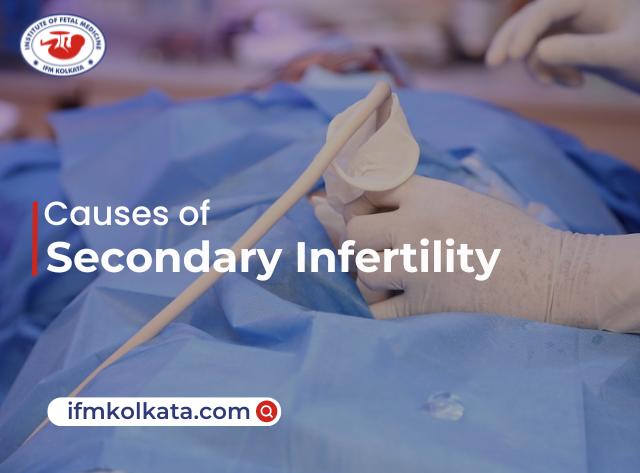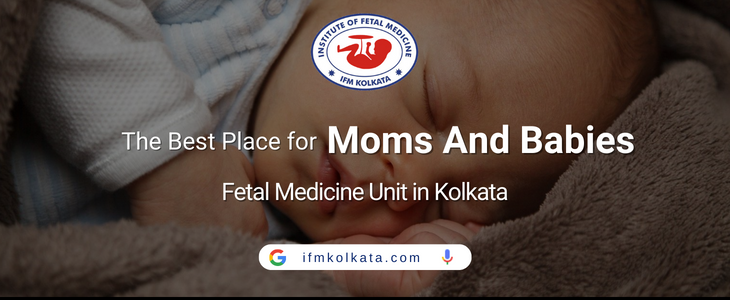Secondary infertility is a condition where a woman is unable to conceive after previously having a successful pregnancy. It can be a difficult and emotionally taxing experience for couples, and it’s important to understand the potential causes of seeking appropriate treatment. This is mostly found in couples who have been able to conceive the first time naturally but have become infertile on their second attempt.
In such cases consulting an experienced infertility specialist in Kolkata can help you solve the problem. Here are five possible causes of secondary infertility in women.
What are the causes of secondary infertility in women?
Endometriosis
This is a condition where the tissue that lines the uterus grows outside of it, causing pain and inflammation. Endometriosis can also damage or block the fallopian tubes, making it difficult for the egg to travel to the uterus.
Polycystic Ovary Syndrome (PCOS)
PCOS is a hormonal disorder that affects the ovaries and can cause irregular periods, acne, and hair growth. It can also lead to ovulation problems, making it difficult to conceive.
Uterine Fibroids
These are non-cancerous growths that develop in the uterus and can cause heavy periods, pain, and difficulty with conception. This can later develop into uterus cancer, and it multiplies rapidly when the same comes in contact with the estrogen hormone in the woman.
Pelvic Inflammatory Disease (PID)
PID is an infection in the reproductive organs that can cause scarring and damage to the fallopian tubes, making it difficult for the egg to travel to the uterus. During unprotected sex, the transmission of bacteria can lead to PID. This problem causes ectopic pregnancy if the woman is aged and can also lead to infertility.
Age
As women age, their fertility naturally declines, making it more difficult to conceive. The decline in fertility is particularly noticeable after the age of 35. Again, most women try to conceive a second child after age 35. Hence, secondary infertility sets in and makes the process difficult.
It’s important to note that secondary infertility can also be caused by a combination of these factors or by unknown causes. If you suspect that you may be experiencing secondary infertility, it’s important to seek medical advice and discuss potential treatment options with your doctor. With the help of fertility treatments, many couples can conceive and start a family.
Visit the Institute of Fetal Medicine for the best infertility treatments. Get the best care and smoothly and successfully enjoy motherhood for the second time.


